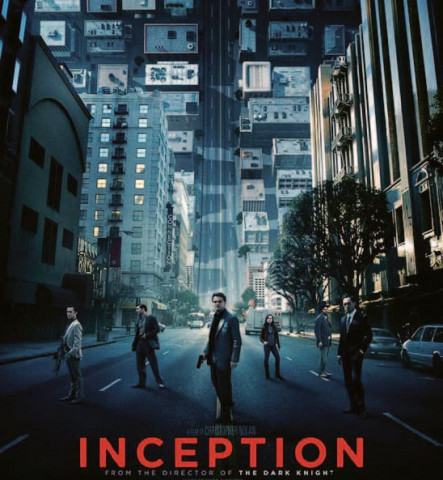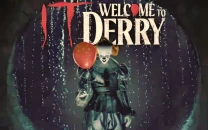What dreams may come
Inception is NOT the new Matrix. Inception is Inception and it’s tidier to allow each creation to be its own entity.

Inception is NOT the new Matrix. The Matrix is The Matrix, and Inception is Inception and it’s just tidier to allow each creation to be its own entity. Now that’s out of the way, we can move on. Written and directed by British-American Chris Nolan, who is responsible for the Batman revival and intelligent films such as The Prestige and Memento, Inception is a tightly wrought, psychological action film that plays with ideas from the world of science-fiction. Having tackled head on the gamut of human fears, and exhausted them, popular cinema likes from time to time to turn its attention to the deepest, darkest human fear — mind control. In Inception, the technology actually exists for people to be able to enter the minds of others in order to access their memories, thoughts and so their secrets through the creation of an artificial dream world.
Thematically, Inception shares the concerns of 1999 thriller eXistenZ and Minority Report from 2002 and also last year’s Avatar. They all explore the implications of others having the ability to access our thoughts and dreams, either to take something, plant something or to make the mind believe in alternate ‘realities’. And yes, the Matrix does have a place in this line-up. Inception, however, is less sci-fi and more action with a double-shot of complexity, a dash of obsessive-compulsive attention to detail, and a hint of “What the hell is going on, exactly?” — all of which are good things for a blockbuster movie starring Leonardo DiCaprio.
The characters are thought-extractors that can be hired for all kinds of nefarious purposes including industrial espionage. The majority of the film takes place in an elaborate artificially created dream world. The experience of watching it is like standing in between two mirrors and watching your dreams extend ad infinitum. I’m dreaming of dreaming of dreaming of dreaming of dreaming…sounds like a nightmare, right? Trust me, it is. The sensation is unsettling and for the viewer, because there are so many layers of the dreams, the suspense too is multi-layered and utterly inescapable. The catharsis therefore, is also proportionately greater.
The film is labyrinthine in its construction, and just as the labyrinth is an ancient symbol, there appear to be references to different mythological stories in the plot. There is a point where the film ceases to be about what it purports to be, and becomes about a man mourning his loss like Orpheus mourning Eurydice. Like Orpheus, Dominic Cobb, travels to an underworld, and like Theseus he must face a horror at the heart of the labyrinth. In Inception, it is not a minotaur but Cobb’s own demons. He has something called a ‘totem’, that is meant to help him return to ‘reality’, much like the ball of string given to Theseus by Ariadne, incidentally the name of a character in Inception, to enable him leave the labyrinth.
With so many films in the 21st century referencing ancient Greek myths, it is easy to believe that popular cinema is the ‘new’ Greek mythology. Leonardo DiCaprio, it must be said, carries the film with a convincing performance, not entirely unlike his beleaguered protagonist of Shutter Island. The film may not leave you wanting more, but it certainly gives you plenty, perhaps too much, to think about.
Published in The Express Tribune, August 15th, 2010.



















COMMENTS
Comments are moderated and generally will be posted if they are on-topic and not abusive.
For more information, please see our Comments FAQ